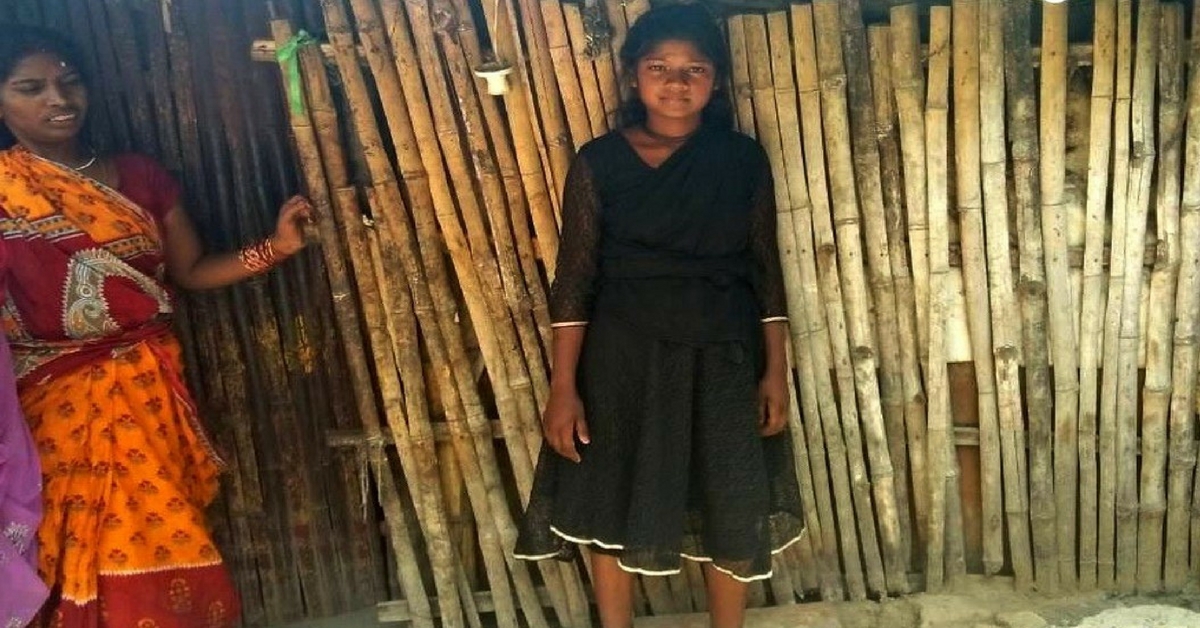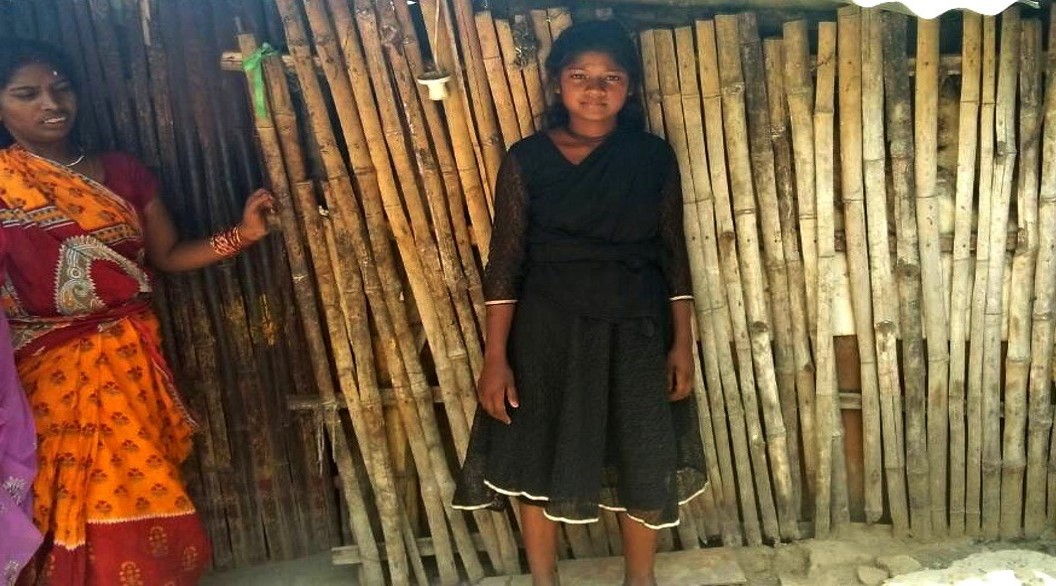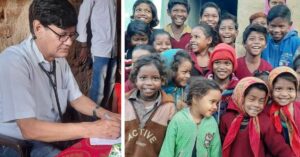TBI Blogs: How 12-Year-Old Phoolwanti From Bihar’s Marginalised Musahar Community Went to School
Phoolwanti had no time for school, but she was eager to study. She imagined how school would look like every single day she set out to work with her mother. Thanks to timely and patient intervention, Phoolwanti was finally able to achieve her dream of education.

Twelve-year-old Phoolwanti lives with her family in Lohanipur slum cluster in Bihar. Her family is a small one, comprising of her mother and her younger sister. “My elder sisters are married and have children my age. They were married at my age,” she says, adding, “My entire family is into ragpicking. My father was a ragpicker. He died of tuberculosis. When he fell ill and could not work anymore, he was less concerned about recovering than about getting my elder sisters married. I think the tension and debts killed him,” her voice falters.
“I cried a lot when father died. Mother tried her best to save him. She took him to the hospital. She worked extra hours to pay for the medicine. All of us ate one meal a day to save some money for his treatment. But we could not save him,” she sighs.
Phoolwanti lost her younger brother to a disease she “knows nothing about. I simply know he would lay curled up in the corner of our house, clutching his stomach in deep agony.” Her mother works as a ragpicker. “Her day starts at 6 in the morning. I hear the dragging sound of her sack on the floor and know it is time to get up. She works the entire day, collecting scrap, walking long, long hours in the sun,” her voice appears strained recounting a day in the life of her mother.
For Phoolwanti, the squalor of her surroundings is the only reality she is used to.
“We live on garbage, and drink dirty water. We boil our water sometimes. Most of the times there is not enough money to buy fuel to light the hearth. On such days, we do not think if the water is dirty enough to drink.”
Lohanipur is home to a large number of Musahars – one of the most marginalized castes in India who are routinely forced to live in subhuman conditions, and face rampant discrimination. In the struggle to put together two meals a day, most of these families do not send their children to school. Children like Phoolwanti either accompany their mothers at work, or stay at home to finish household chores and take care of younger siblings.
“None of my sisters went to school. My parents did not send me to school. Instead, I went with my mother to collect and sell scrap every day. On days I went to work, mother made ₹300 a day. Without me, she would only get ₹200 a day,” Phoolwanti explains.
Phoolwanti had no time for school, but really wanted to go. She imagined how school would look like every single day she set out to work with her mother.
Prior to beginning sessions in this community, Magic Bus staff first reached out to enroll parents into the programme. Phoolwanti’s mother agreed to send her child for the sessions and volunteered to participate in the parents’ meetings as well. But when both of them failed to turn up on multiple occasions, Magic Bus staff member Ritesh decided to pay them a visit. Phoolwanti’s mother shared her plight with him. “I can’t send her to school. If she goes to school how would I feed them? How will I return the money I had loaned to marry off her elder sisters?” she asked.
Ritesh reasoned with her calmly. But Phoolwanti’s mother remained unconvinced.

What followed was a series of follow-up meetings, with Ritesh visiting Phoolwanti’s mother to convince her to send her daughter to school. In those meetings, he tried to explain how early marriage and lack of education have been some of the reasons behind their abject poverty. When he learned that her mother was planning Phoolwanti’s marriage, he firmly explained how this would destroy her daughter’s future. “She will never be able to move out of this suffering if you marry her so young,” he said.
“To me, the best aspect of Magic Bus’s approach is involving youth from a community to work with children from the same community. This creates trust in the minds of parents. It was easier for me to convince Phoolwanti’s mother, because she knows I belong to the same community and live in the neighbourhood,” says Ritesh, who has been working in Lohanipur as a Magic Bus Youth Mentor for the last year-and-half.
“Ritesh bhaiya never gave up. It is because of him that my mother put me in a school and asked me to study instead of working,” says Phoolwanti. There were many times when, pushed to starvation, her mother considered pulling her daughter out. But Ritesh always helped her reconsider.
Phoolwanti goes to school today. “I want to take my younger sister with me too. But every time I get her to the classroom, the teachers drive her away. She has to have her name registered to attend classes. Next year, I will get her name in the muster rolls,” she resolves.
“I find English and Maithili difficult. I enjoy Hindi. There are so many stories. I love reading them,” she sounds excited. “When I grow up, I want to be a teacher. I see so many children not being able to go to school, and want to help them. I want to tell their parents about my story, and encourage them to support their children’s dreams. Just like my mother did. Just like Ritesh bhaiya did,” she signs off.
Support Magic Bus by making a contribution here, or give a missed call at 1800-200-6858, and we will call you back!
Like this story? Or have something to share? Write to us: [email protected], or connect with us on Facebook and Twitter.
NEW: Click here to get positive news on WhatsApp!
This story made me
- 97
- 121
- 89
- 167
Tell Us More
We bring stories straight from the heart of India, to inspire millions and create a wave of impact. Our positive movement is growing bigger everyday, and we would love for you to join it.
Please contribute whatever you can, every little penny helps our team in bringing you more stories that support dreams and spread hope.



















